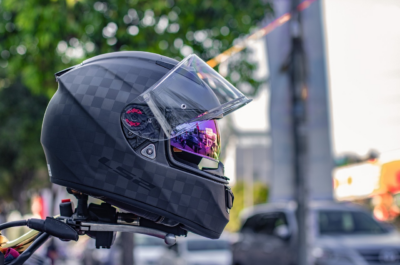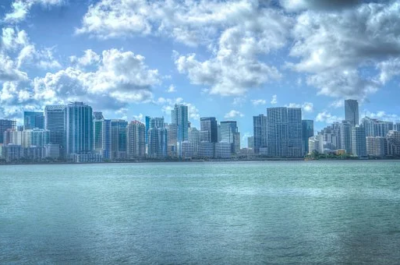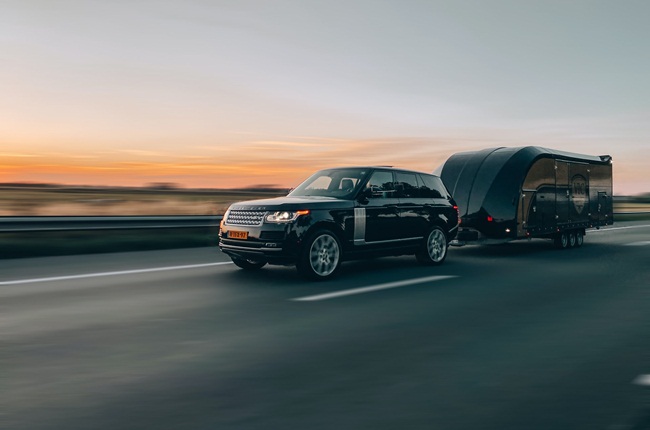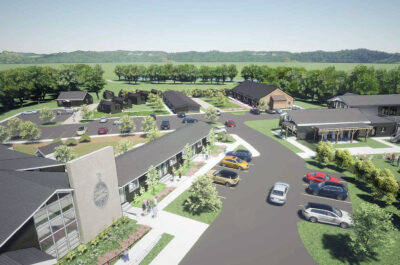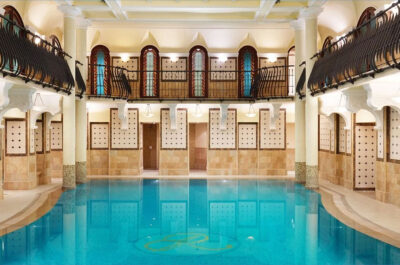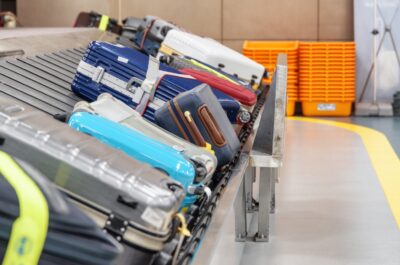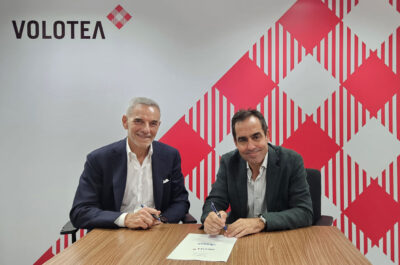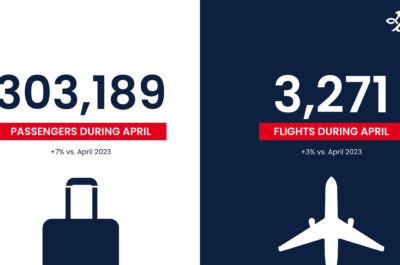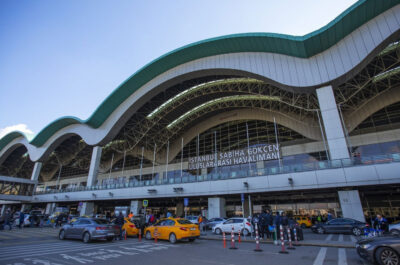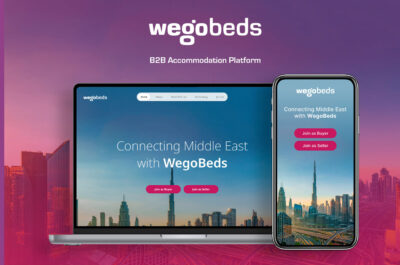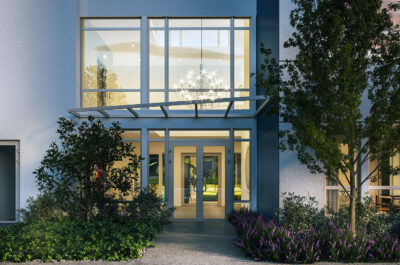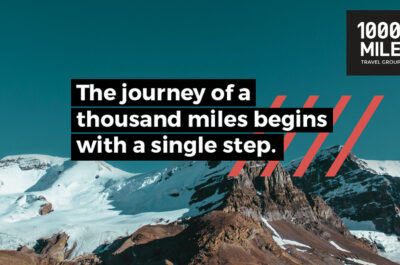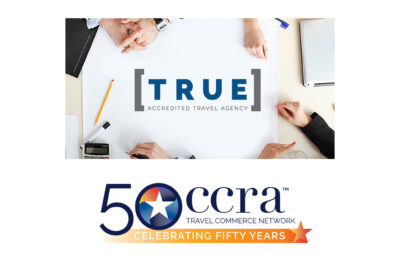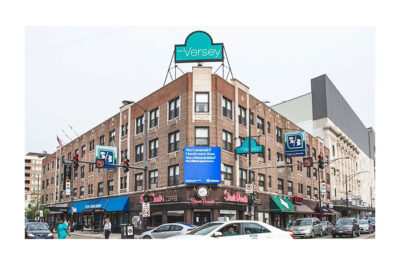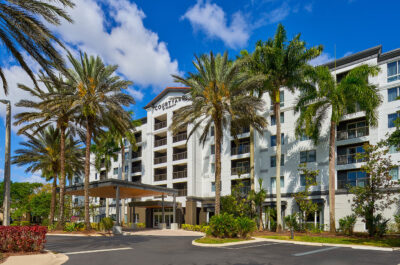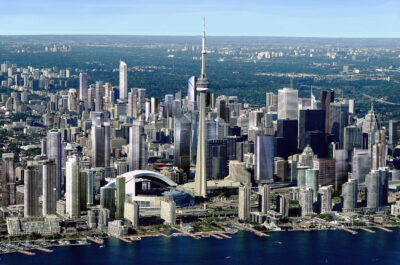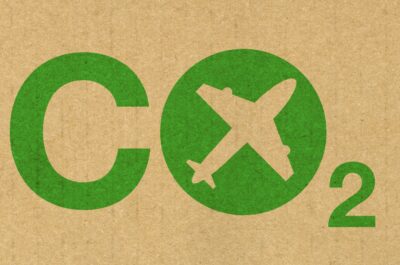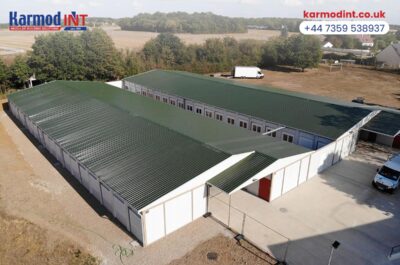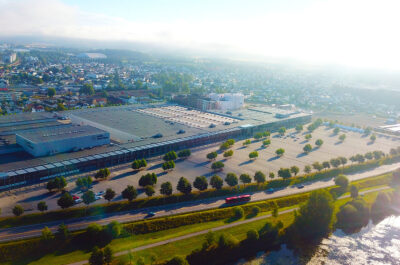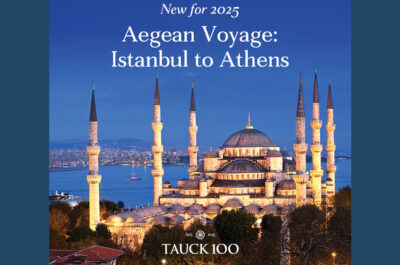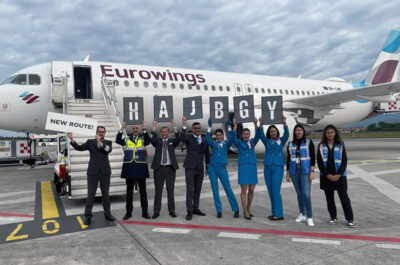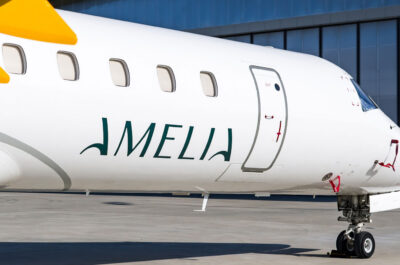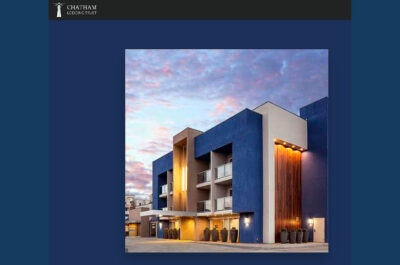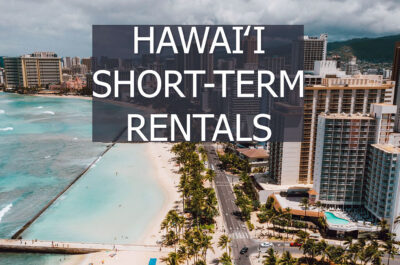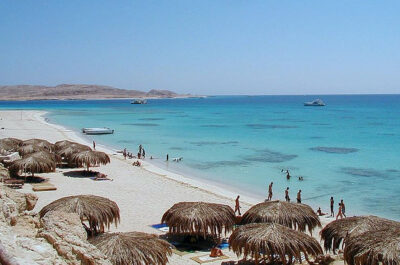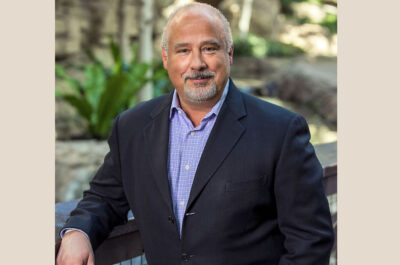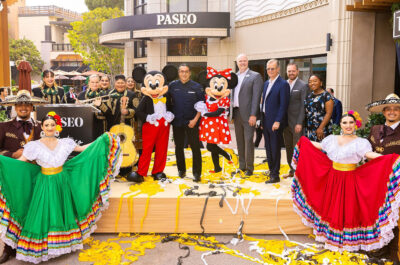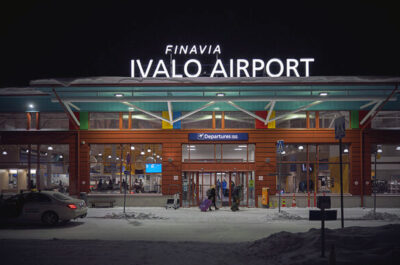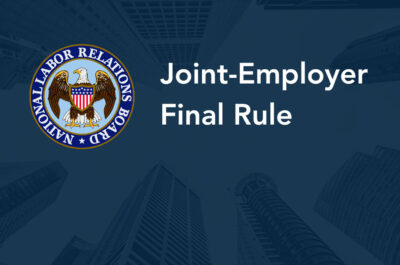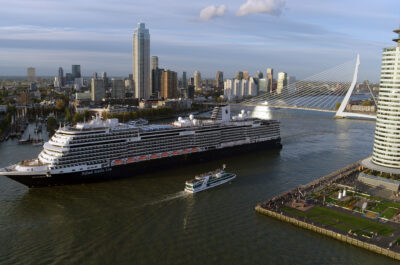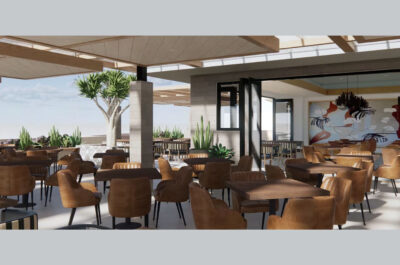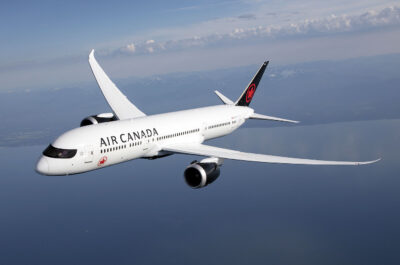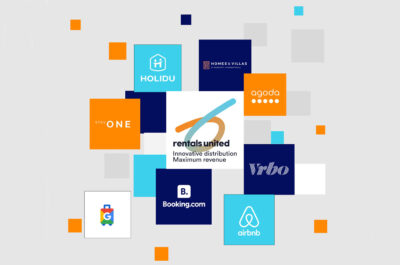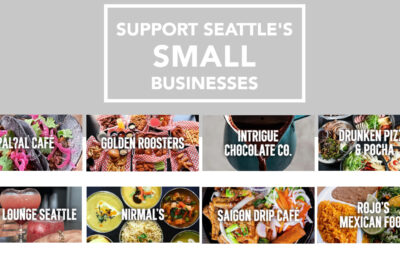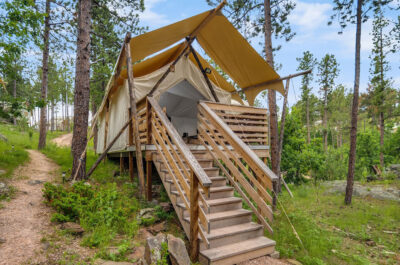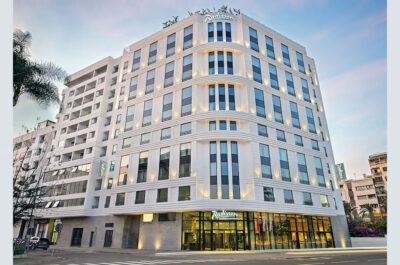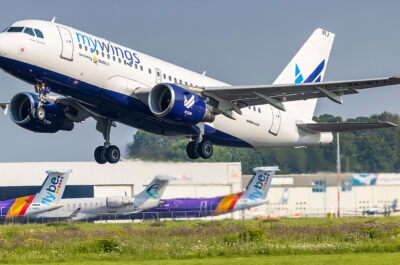You can spot the differences between open and enclosed trailers with a glance.
You have cargo to transport. Regardless of what that cargo is, you’ve decided you want to transport it by road, which means you need a trailer for the job. But therein lies a problem – what type of trailer should you choose?
Your choices boil down to open or enclosed trailers. Each has pros and cons that factor into your decision, and there are several issues to consider before you book (or buy) an enclosed or open trailer. Let’s dig into what those factors are.
The differences between open and enclosed trailers
You can spot the differences between open and enclosed trailers with a glance.
An open trailer has a stable floor to store your cargo, with no walls or ceilings to protect it. The cargo is exposed to the elements. Plus, any smoke, smog, gravel, or dust kicked up from the road can coat the cargo. A sheet or tarp offers a makeshift solution to these problems. Still, an open trailer makes you think harder about how you’ll secure and protect your load.
Protection isn’t a problem with enclosed trailers. They almost look like boxes on wheels, with walls and a ceiling that encases your cargo in a protective layer of wood or metal – hence the word “enclosed.” That added protection comes at a cost – both monetarily and in added weight – but the extra protection may be worth it if you’re transporting something sensitive to the elements.
What to consider when choosing a trailer
Though the differences between open and enclosed trailers are obvious, your decision is less so. Consider these factors when choosing between the two.
Factor 1 – The cost
Budget is always a factor when choosing a trailer. After all, there’s no point in burning through your bank balance to buy or rent a trailer, especially if you need it for commercial purposes and need to keep an eye on dollars and cents spent on transport.
Open trailers are the clear winners when it comes to cost. Expect to pay between 30% and 50% less for an open trailer compared to an enclosed one that’s capable of carrying an equivalent load. The reason for these lower costs is clear, namely the lack of walls and ceiling in an open trailer means the manufacturer saves money on construction. Those savings get passed to you.
But there’s a hidden saving to be made with open trailers – fuel costs.
Every extra pound of weight means your vehicle has to work harder to drag your trailer along. An open trailer improves fuel economy because it weighs less, assuming equivalent load weights. Even a weight saving of 100 pounds could improve your vehicle’s fuel efficiency by 1% or 2%. That may not seem like much. But over time, and with many long journeys, those savings add up.
Factor 2 – The need for protection
The extra money you spend on an enclosed trailer has to go toward something, and that something is protection. Where open trailers leave your cargo exposed to everything, an enclosed trailer encases it with physical walls and a ceiling that prevents anything from getting in (or out).
Why might that be useful
If anything you transport has a paint job, that paint could chip or wear out due to exposure to rain or ultraviolet (UV) rays. And if you’re moving electricals, you can’t take even the slightest risk of them being exposed to rain.
The choice seems clear – enclosed trailers are best for protection.
But notice that the heading says “need for protection.” As great as it is to have your cargo fully encased, it’s not always something that you’ll need. Short journeys carry less risk, for instance, making an open trailer more viable. However, longer trips, especially through areas with varying climates, create risk, making an enclosed trailer the best choice.
Conduct your own risk assessment. If you’re traveling a large distance and have valuable cargo, an enclosed trailer is often the best choice. But short and risk-free journeys may be better served by an open trailer.
Factor 3 – Cargo security
Closely linked to protection is cargo security, though they’re not the same thing. While protection is about guarding your cargo against the elements and similar issues, security is more about keeping the cargo in place before, during, and after transit.
That starts with how you secure the cargo inside the trailer.
An open trailer usually comes with points you can use to attach ropes or bungees that wrap around your cargo. That’s fine if you’re transporting something large enough for those securing measures to be appropriate, but small items can slip through ropes and bungees. Nobody wants to get miles into a journey only to look in the rear-view mirror and see their cargo spilling out onto the floor.
More security comes from enclosed trailers. The presence of walls and ceilings creates more potential for tie-down points, making it easier to keep cargo stable in transit. And even if the load manages to get loose, it has an extra barrier in the form of the trailer’s walls to get through before it hits the tarmac.
Then, there’s the issue of thievery.
Cargo theft is big business, costing between $15 billion and $35 billion annually. Don’t assume you’re safe from those with sticky fingers if you’re only transporting a small load. Thieves are like crows – they’re attracted to anything shiny. In other words, if you’re moving something valuable, you need the security an enclosed trailer offers.
So, enclosed trailers are definitely the best choice if security is an issue. Open trailers can’t compete in this area.
Select the right trailer for your needs
If money isn’t an issue, an enclosed trailer beats an open trailer every time. You get more protection from the elements, more security for your cargo, and the knowledge that the walls of an enclosed trailer keep malicious people at bay.
But that doesn’t mean you should automatically disregard open trailers. They’re great if you need to keep costs down or your vehicle has a towing limit that an enclosed trailer causes you to exceed. You might also find open trailers a better option for short and relatively risk-free journeys.


